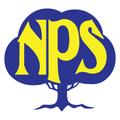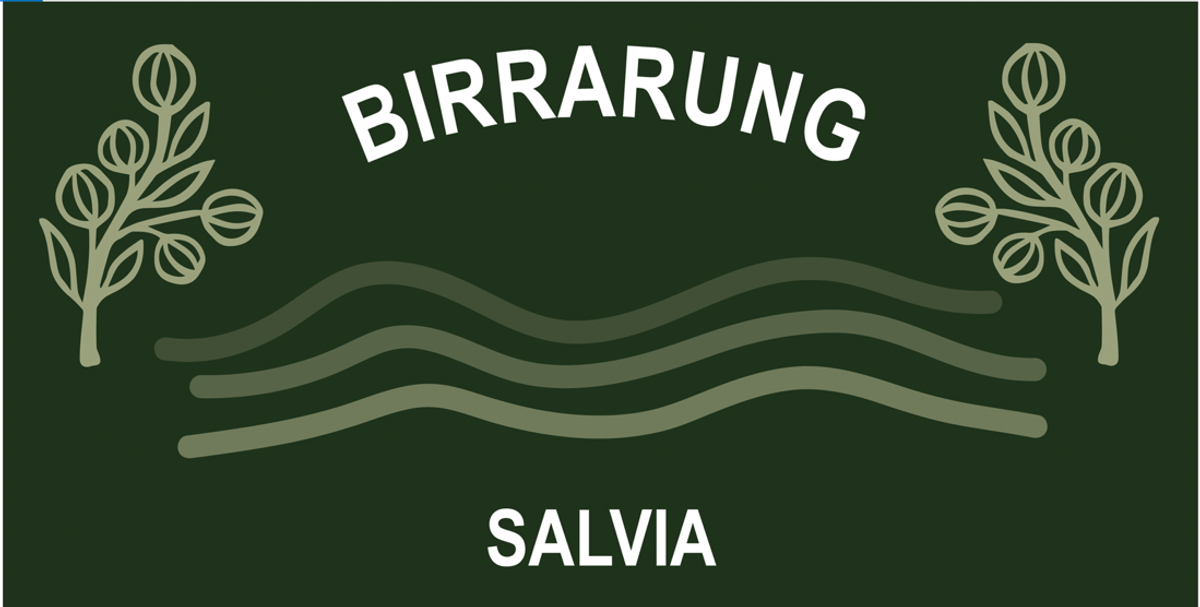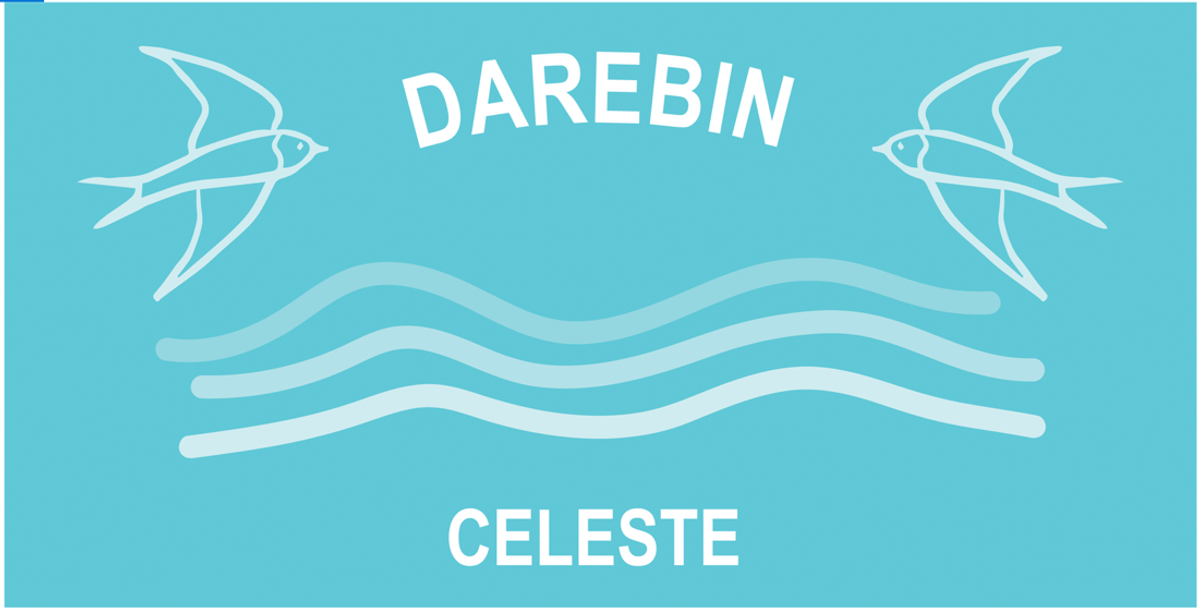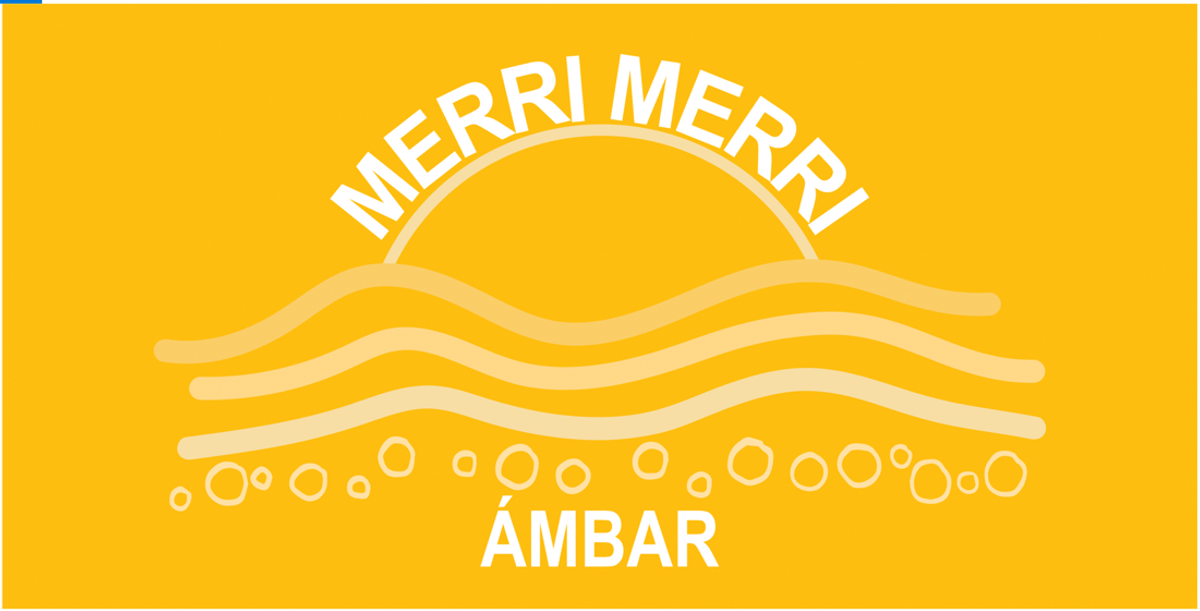Parent Q & A Page

I’m wondering what happens when a student doesn’t have a laptop? Can they do the activity in a different way?
In our 2-6 area, the school is committed to running a 1:1 ICT program. We have an expectation that students come to school 'Ready for Learning'. As a part of our ‘Start Up’ program, students have explicit learning experiences on what getting ready for learning looks like, which includes charging their laptop overnight and bringing it to school every day. In the event where a student forgets to bring their laptop, they will work with a partner.
Please note: Students are not on their netbooks all day and students average less than an hour a day across subjects on their computers.
What are the roles of various communication platforms and how can I engage with them in the most efficient way?
Please refer to the cohort presentations above for particular information on the role of the Newsletter, Sentral and Seesaw and for details about contacting the Admin Office.
What is the best way to enhance the benefits of the home reader?
At NPS, we suggest students read their Take Home Books either independently or with an adult for 10 – 20 minutes per night. For students taking home short reads, we recommend reading these texts multiple times as it consolidates letter-sound knowledge and supports developing fluency.
You can support your child’s reading at home by encouraging them to point to each word as they read, blend through the sounds in a word and recall their knowledge of sounds and letters. Reading should be a positive experience filled with praise and encouragement. To support your child when they make an error, prompt them to reflect on whether what they read makes sense and encourage them to self-correct.
For students who are fluent readers, making meaning of what they have read is the ultimate goal. You can support your child’s comprehension at home by prompting them to:
- Make predictions before, during and after reading and confirm or disconfirm predictions made
- Recall key details from the text
- Summarise a story
- Make inferences, i.e. character thoughts and feelings, message of the story
- Ask thoughtful questions before, during and after reading and reflect on the answers
- Making personal connections to the book
- Making connections between the book and another text
- Making connections between the book and the world
Reading picture story books and short novels to your child is a wonderful way for you to enjoy books together and foster a love of reading. This is also an opportunity to model what fluent reading sounds like by using expression, intonation and pace. Additionally, you can build comprehension skills by using the prompts above.
Are most kids familiar with the meanings of house names?
Our students will learn about this through our Care for Our Community afternoons and our Buddy Program which will formally begin in Term 2. Please see below the flags that were designed by Hanna Tai and our 2021 4/6 students who went through an inquiry process which included working with local elders in helping us understand how the traditional owners used the land and what were vital local resources.
How are heart words being taught? There are only a small number of words that are truly not decodable, are these "tricky" words the heart words that will be targeted?
Heart Words (High Frequency Words) are an essential component of a synthetic phonics approach. Words will be taught through orthographic mapping, which research states supports how the brain learns to read. This is done by linking the sounds and pronunciation of words to the letters that represent them. These words are NOT designed to be learnt as a whole. Students need to map each sound (phoneme) to the letter (grapheme) in order for orthographic mapping to occur – regardless of whether the word is spelt in a regular or irregular way.
Over the next week, some students will be taking home a list of Heart Words to practise at home. A detailed explanation of Heart Words and how to support your child with reading and spelling them at home will be included.
Are the presentations being recorded?
These presentations were streamed but not recorded. To access the slides of the presentation please read refer to the links at the top of this page.
Cómo podemos ayudar los papás que somos nativos en español a la clase y nuestros hijos? Translation: How can we parents who are native Spanish speakers help the class and our children?
Our admin leaders will be sending out some information next week asking for parent helpers in the classroom for a Term 2 start. We love having our English speaking and Spanish speaking families involved in both our literacy and numeracy program.
Can you please share some concrete examples of how STEAM will happen? Will they have lessons on the specialists day?
We have 5 specialist subjects – Performing Arts, Music, Visual Arts, Physical Education and STEAM. All students participate in a dedicated one-hour STEAM lesson per week. Every third newsletter communicates to families what students have been learning in their specialist lessons.
Please click here to view the previous STEAM newsletter.
Sentral is the method of communicating with staff can I please have access to all specialist teachers and both home room teachers?
All families are able to contact both homeroom teachers and specialist through Sentral.
What is the purpose of various groups and various names for these groups?
Our classrooms have a range of groups that students work in. These groups may be organised based on social or ability needs.
Would you provide another walkthrough opportunity at a later date for those of us that didn't get the chance this time?
Each term, our families are provided the opportunity to come into the classroom to celebrate the learning that takes place. At the end of term 2, we will have an Open Day of Learning to celebrate our term’s inquiry projects.
Is there a clear plan to implement SOR principles in the 4-6 grades?
Currently, The Big 6 are strategies are implemented in Literacy instruction in F-6. For more information on Literacy instruction at NPS, please refer to the slides from the Literacy presentation.
Is there a plan to move away from F&P to assessments that will measure and reflect the SOR principles being implemented in the classroom? Thank you for the amazing work you are doing!
We have replaced Fountas and Pinnell assessments with phonics assessments for our emergent readers. These phonics assessments measure grapheme-phoneme knowledge, word and sentence level reading and blending skills that reflect the learning for each stage.
When are parent/teacher interviews going to be scheduled?
Parent/Teacher interviews will be held over a period of three days this semester to allow both homeroom teachers present at the interviews. You will be able to book in a time early Term 2.
They will be held over the following dates: Friday June 17th , Tuesday June 21st , Wednesday June 22nd .





